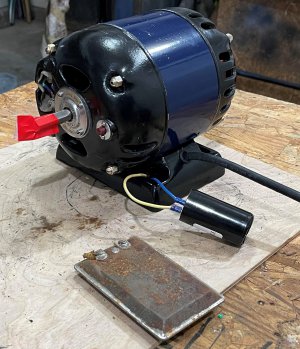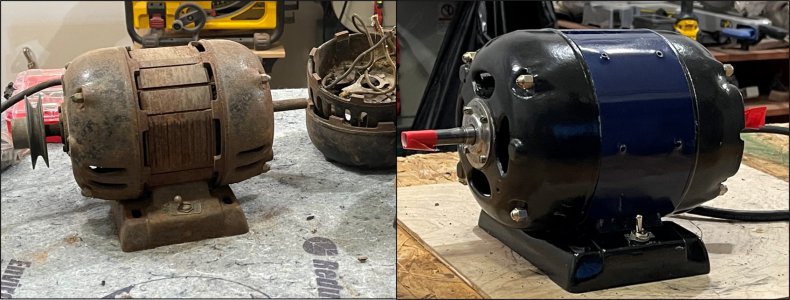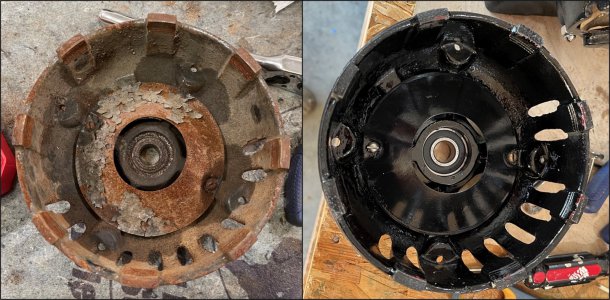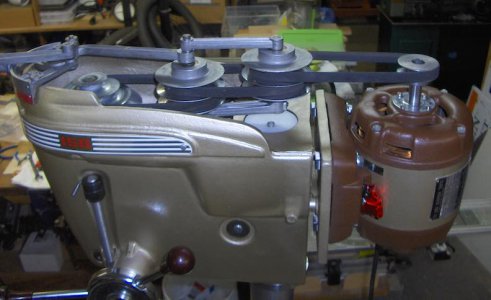Finishing up restoring a 1939 Craftsman 1/2 HP electric motor. A few threads from previous restorations left comments that replacing an old condenser with a capacitor is the way to go. Was since told by someone else, the opposite. As long as it’s still working
Separate from its age, (the condenser is 82 years old); and the fact I’d no longer have to build a housing case to hold the new capacitor in the rear or side of the motor, are there any other reasons you’d want to go with a new capacitor over the original condenser (still working)? Thanks in advance for any help.
Separate from its age, (the condenser is 82 years old); and the fact I’d no longer have to build a housing case to hold the new capacitor in the rear or side of the motor, are there any other reasons you’d want to go with a new capacitor over the original condenser (still working)? Thanks in advance for any help.






